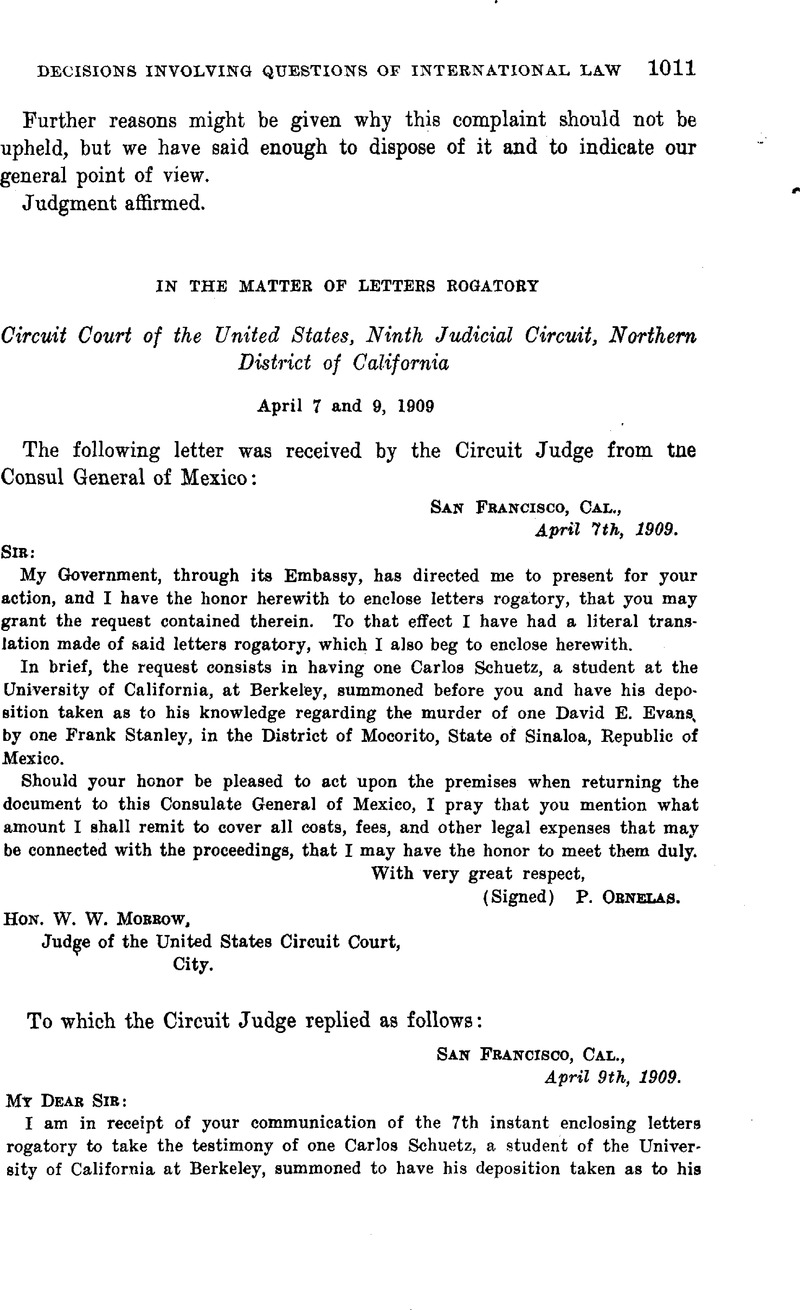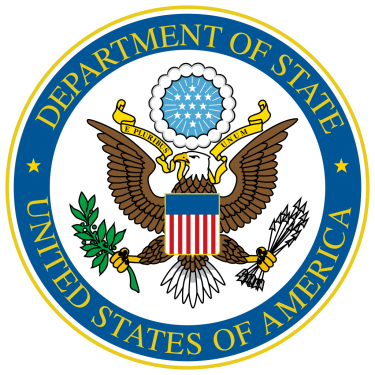How to Effectively Use Letters Rogatory in Cross-Border Legal Instances
How to Effectively Use Letters Rogatory in Cross-Border Legal Instances
Blog Article
Letters Rogatory Explained: Facilitating Legal Collaboration Between Countries

Interpretation of Letters Rogatory
Letters rogatory are formal requests made by a court in one territory to a court in another jurisdiction, looking for aid in acquiring proof or testimony for a legal case. This procedural mechanism is important in the context of global legislation, where legal systems may differ, and cross-border participation is necessary. Letters rogatory help with the event of details that might be essential for settling situations, particularly in circumstances involving intricate multinational problems.
Typically, these demands arise in civil, criminal, or management issues where a party calls for proof that lies outside the territory of the requesting court. The letters offer as a way to ensure that the principles of due procedure are supported, making it possible for courts to access evidence that may otherwise remain unattainable as a result of legal or geographical obstacles.
Making use of letters rogatory is regulated by worldwide treaties, bilateral arrangements, or residential regulations, which mark the treatments and commitments of the courts involved. It is essential to note that the execution of such demands is not assured; they rely on the regulations and practices of the territory getting the letter. Therefore, letters rogatory are a crucial tool for promoting legal teamwork and making sure justice across boundaries.
The Process of Issuing Letters Rogatory
Issuing letters rogatory involves a structured process that makes sure conformity with both global and domestic legal criteria. The requesting party, typically a court or lawful authority, drafts a formal demand describing the nature of the aid sought, the proof or information needed, and the lawful basis for the demand. This paper must be exact to facilitate understanding by the international territory.

The following step entails transferring the letters rogatory to the marked foreign authority. This is typically done through diplomatic channels or worldwide lawful support frameworks, guaranteeing that the demand is received and acknowledged by the foreign court. The foreign court after that processes the demand according to its very own lawful procedures, eventually reacting to the requesting party with the sought-after information or proof, hence promoting international lawful cooperation.
Value in International Law
The significance of letters rogatory in international law can not be overemphasized, as they work as an essential device for judicial teamwork across borders. These formal ask for help in legal issues enable courts in one territory to inquire, evidence, or the existence of witnesses from one more jurisdiction, thereby facilitating the administration of justice in multinational instances.
Letters rogatory are particularly essential in the context of globalization, where legal disputes typically span several nations. They allow the collection of evidence that could otherwise be unattainable, making sure that legal process are educated and fair. By cultivating collaboration in between judicial systems, letters rogatory aid support the rule of legislation and promote shared regard among nations.
Moreover, the usage of letters rogatory shows a commitment to global standards and principles of teamwork, showing the interconnected nature of contemporary lawful techniques. It highlights the value of sticking to established treatments and treaties, such as the Hague Convention, which provides a framework for these demands - Letters rogatory. Inevitably, letters rogatory boost the efficiency of legal processes, guaranteeing that justice is not prevented by geographical boundaries
Difficulties and Limitations
Despite their relevance, letters rogatory face a number of obstacles and restrictions that can impede their effectiveness. One main concern is the varying lawful frameworks and treatments throughout jurisdictions, which can lead to misconceptions and hold-ups in the execution of requests. Various nations might have distinct requirements for the credibility of letters rogatory, making complex the procedure further.
In addition, the often drawn-out nature of worldwide lawful collaboration can prevent timely access to proof or witnesses. This delay may negatively affect lawful proceedings or recurring investigations, specifically in cases requiring immediate activity. Furthermore, the absence of sources and training in some jurisdictions can lead to not enough handling of demands, leading to insufficient or poor responses.
Countries with much less official lawful systems might have find out here a hard time to abide with the procedural roughness expected in letters rogatory. These difficulties require continuous discussion and reform to improve the effectiveness of letters rogatory in lawful teamwork.
Case Studies and Examples

On the other hand, difficulties can emerge, as seen in a case including a European country seeking evidence in a recurring criminal matter from a non-EU nation - Letters rogatory. The procedure official source was delayed as a result of administrative hurdles and differing legal criteria, ultimately impeding the examination
These examples illustrate that while letters rogatory can assist in international participation and expedite legal procedures, they likewise highlight the demand for clear communication and understanding of legal frameworks between nations. Such instance researches underscore the significance of refining this tool to improve performance and performance in global legal matters.
Conclusion
In summary, letters rogatory serve as a crucial system for promoting lawful participation in between countries, ensuring the collection of evidence and testament throughout territories. Their value in check over here global regulation can not be overstated, as they advertise due procedure and boost the performance of cross-border lawful procedures. Challenges such as differing lawful structures and political stress might hinder their performance. Continued efforts to streamline and enhance the process are crucial for cultivating more powerful worldwide judicial collaboration.
Letters rogatory are formal demands made by a court in one jurisdiction to a court in an additional jurisdiction, looking for help in acquiring proof or statement for a legal case. The requesting event, usually a court or legal authority, composes a formal demand detailing the nature of the aid sought, the proof or information required, and the legal basis for the demand. The foreign court after that processes the demand according to its own lawful procedures, eventually reacting to the requesting event with the sought-after info or evidence, therefore facilitating worldwide lawful collaboration.
Additionally, the use of letters rogatory demonstrates a dedication to international norms and concepts of cooperation, showing the interconnected nature of modern-day lawful practices.Worldwide lawful cooperation with letters rogatory is not without its real-world effects, as illustrated by different instance researches that highlight both difficulties and successes.
Report this page